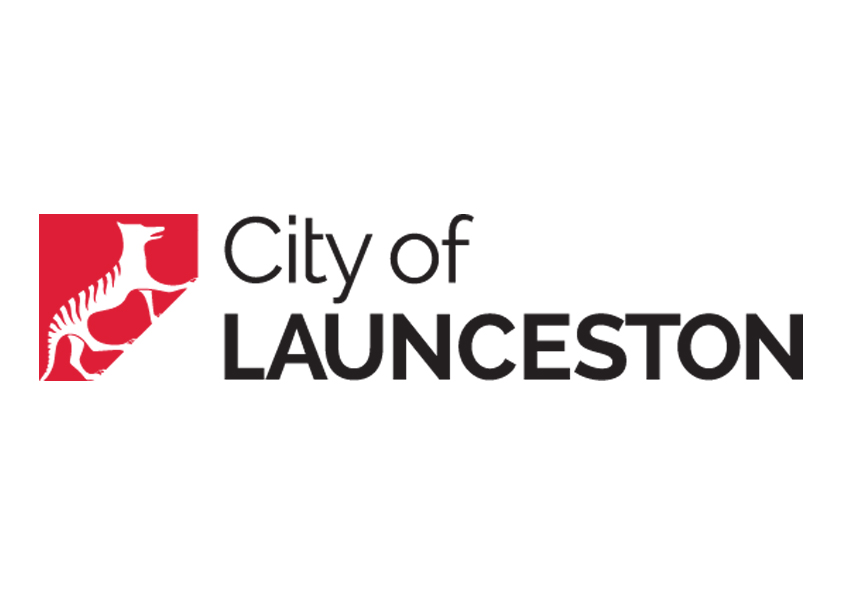2023 Launceston City Council mayoral
by-election


The Local Government Act 1993 was amended prior to the 2022 elections making voting in local government elections compulsory for all electors on the State roll. Read the Minister's media release, 2 June 2022. Failure to vote may incur a fine.
Unlike attendance voting on polling day for Parliamentary elections, local government elections in Tasmania are conducted by postal ballot.
Polling closed at 2pm Tuesday 11 July 2023.

Australia Post will deliver packs from Wednesday 14 June. If you haven't received your ballot pack by Monday 19 June follow this procedure
Electors who will be away during the polling period 14 June to 2pm Tuesday 11 July 2023 are advised to request their ballot pack be sent or re-issued to an alternative address in Tasmania, interstate or overseas.
Be mindful of mailing times as your ballot pack must be returned by 2pm Tuesday 11 July.
Click here to email your request (requests must be received by 3pm Friday 7 July)
Under the Local Government Act 1993, there is no provision that allows us to provide alternate methods to postal voting.
If having your ballot pack sent to a nominated address doesn't suit your situation, learn what happens next
If you require assistance, call the TEC on 1800 801 701.
If you haven't received your ballot pack by Monday 19 June or require a replacement ballot pack, the following options are available:
If you are unable:
please don't contact the TEC now. You will be sent a letter after the election, you can advise of us your valid excuse then.
The TEC will again be providing impartial assisted voting. The service will be available at the TEC Northern Election Office from Monday 26 June.
How ballot envelopes work to keep your vote private and secure.
Mayoral elections are conducted using a preferential electoral system similar to that used for Tasmanian Legislative Council and Commonwealth House of Representatives elections.
The Robson rotation system is used to rotate the order in which candidate names appear on ballot papers for councillor, mayoral and deputy mayoral elections.
You can use a pen, pencil or felt pen when marking your ballot paper, as long as your numbers are clear.
We supply pencils in polling places because they last well between elections and can always be sharpened.
Section 289 of the Local Government Act 1993, requires the council ballot papers to contain two instructions:
The more preferences you mark, the longer your ballot paper can stay in the count.
Here's a real-life example:
At the 2009 Launceston City Mayor election between three candidates, the result was decided by three votes.
399 ballot papers could not be included in the final decision because they did not show a second preference - they droppped out of the count once the first preference was used. If some or all of these electors had recorded a second preference, the margin or result could have been very different.
The order of the candidate names are rotated for all Tasmanian parliamentary and local government ballot papers. This is to ensure that preferred positions on the ballot paper are shared equally between all candidates.
Yes you can. Under section 300(2) of the Local Government Act 1993, a ballot paper can be counted if the elector’s intention is clear.
In other words, as long as the electoral official or returning officer can identify which candidate has been given each of your preferences the ballot paper can be included in the count.
Each ballot pack has a reply paid envelope for return of your signed, sealed declaration envelope with ballot papers inside. No postage stamp is required.
Alternatively, or as time runs out, you may wish to take your signed and sealed (with completed ballot paper inside) ballot paper envelope to the Council office or TEC Northen Election Office for lodgement in a sealed TEC issued ballot box.
Check your enrolment, update your details, or enrol to vote...
(opens in new tab)